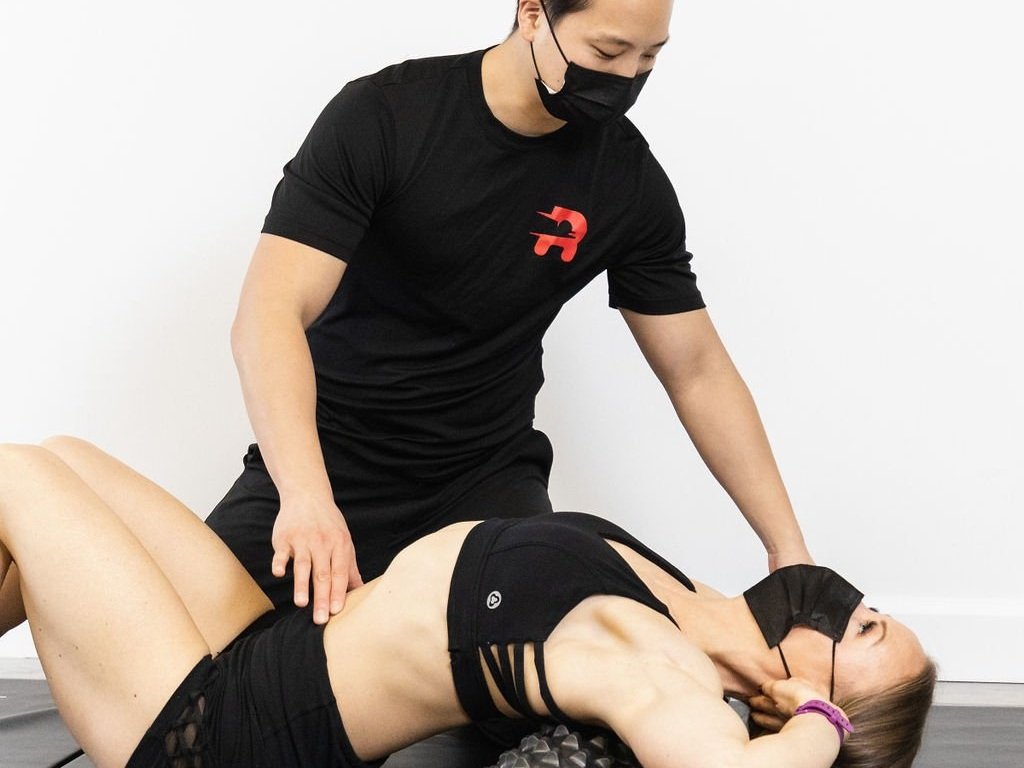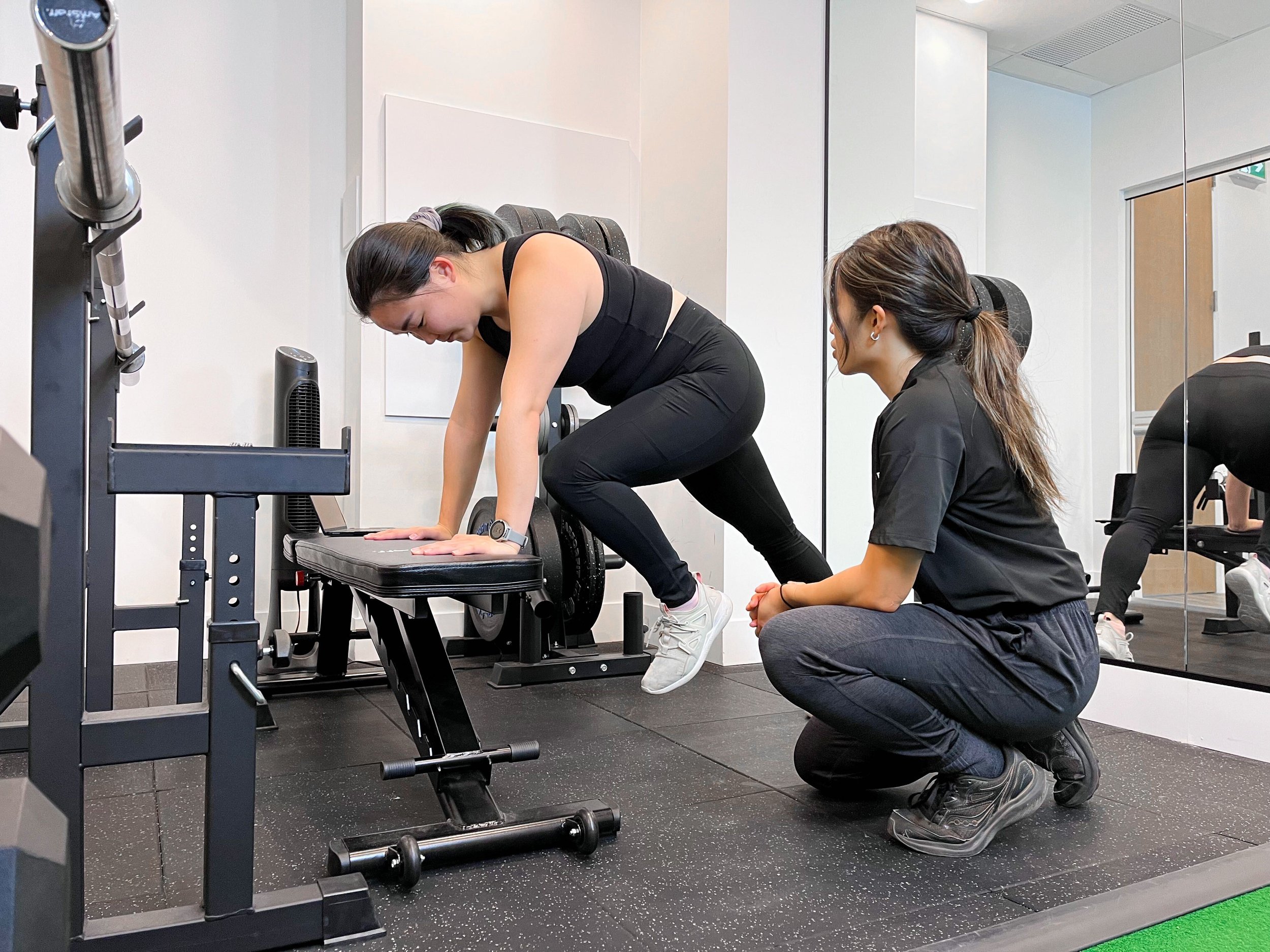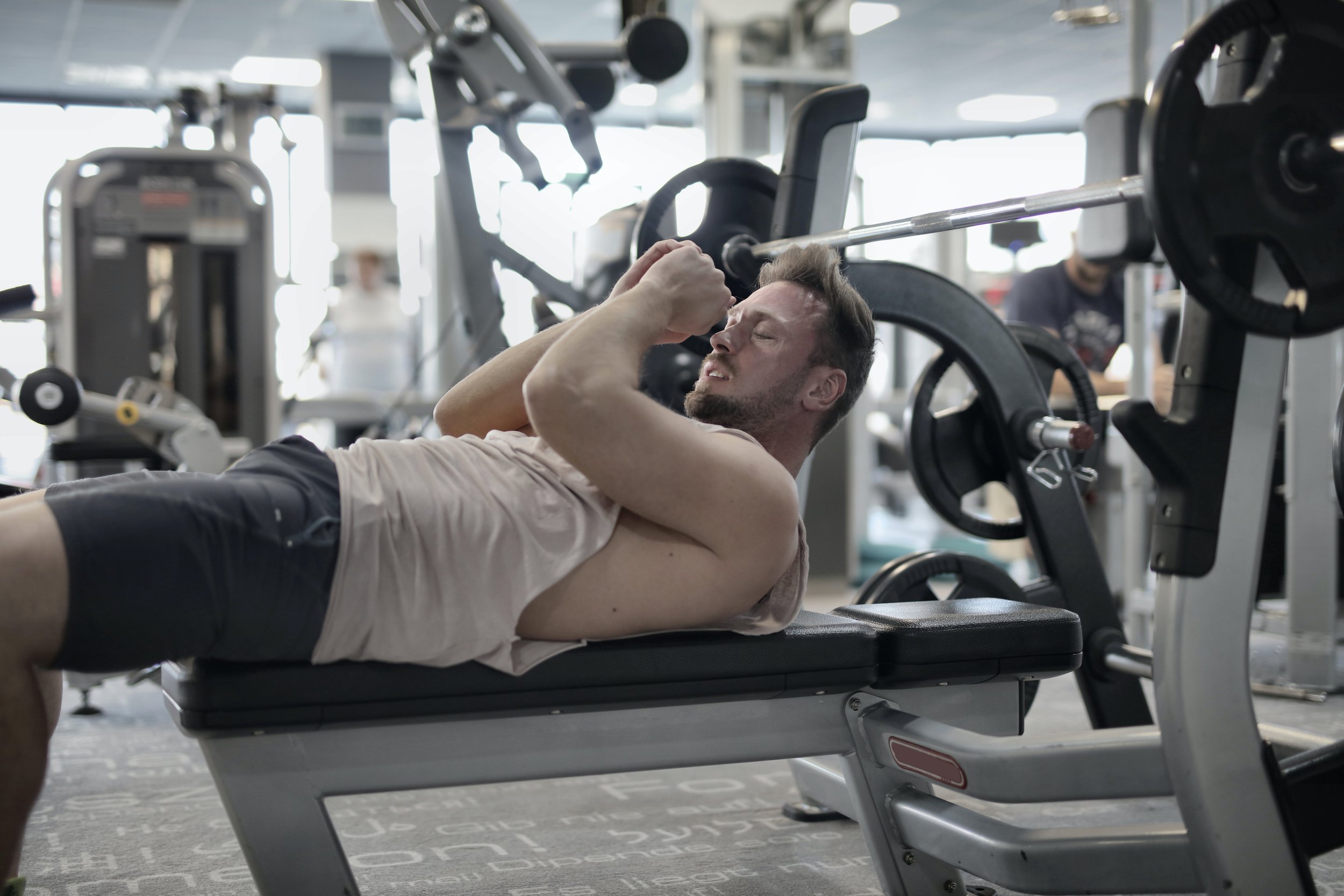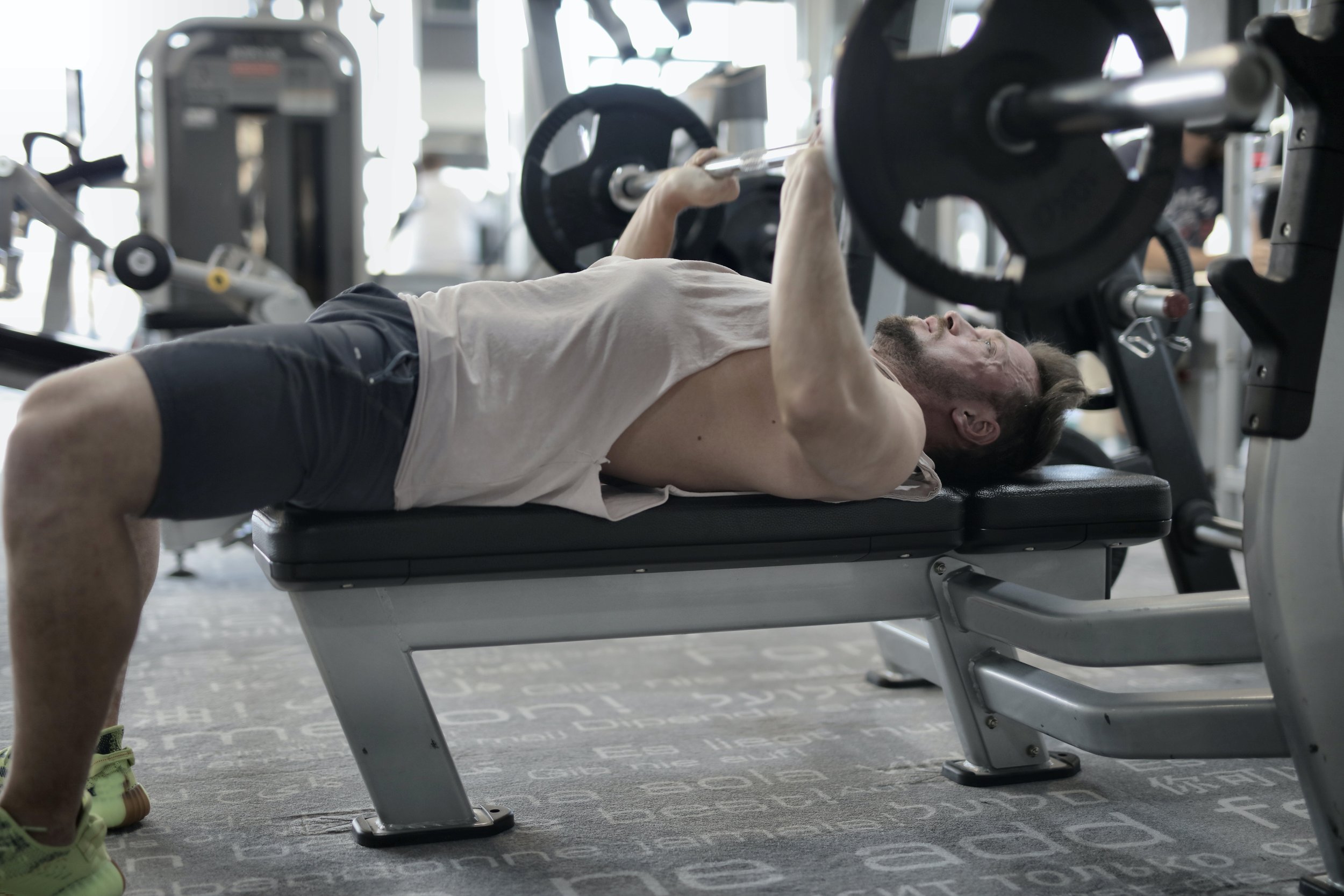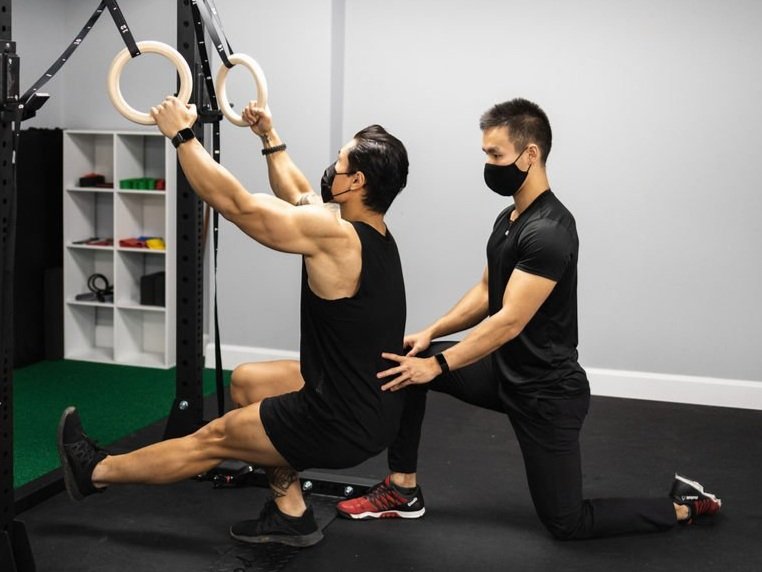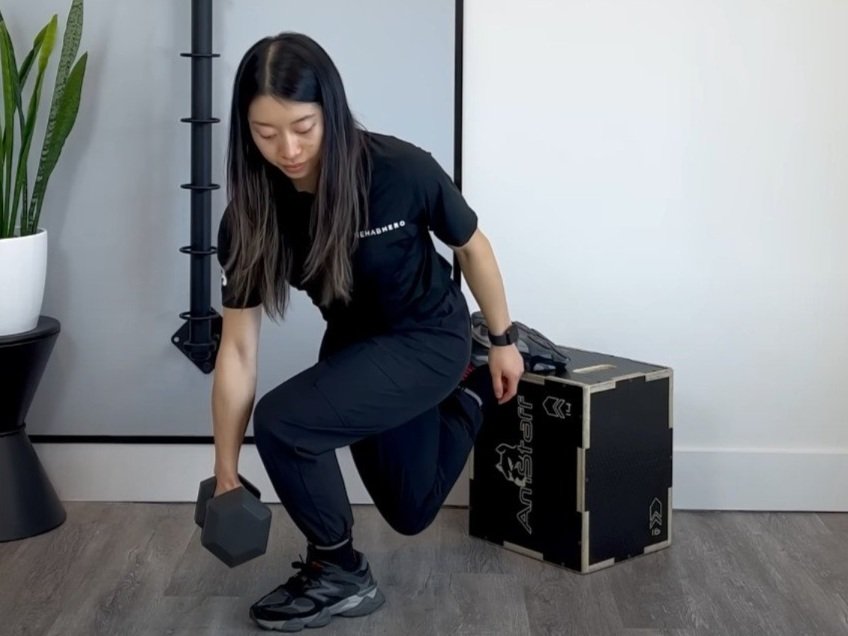Having Trouble Gaining Muscles?
Photo by Ketut Subiyanto from pexel.com
Having Trouble Gaining Muscles? Avoid These 10 Common Muscle Building Mistakes
Have you been working out for months now to gain muscles yet see no progress? Have you ever wondered if maybe what you're doing isn't right? While the outcome may not always be immediate, developing a solid strength training regimen should increase substantial muscle within several weeks to several months.
Going to the gym for an extended period and not seeing results could be due to the absence of knowledge and bad planning, or it could be due to a lack of discipline and accountability. It could also be due to bad habits and practices.
With greater muscle mass, you will notice improvements in your posture, building on joint protection, stronger bones, joints, tendons, higher athletic ability, better balance, and a faster metabolism. The key to getting these improvements in the shortest amount of time is to exercise intelligently and efficiently. Thus, you must avoid these common mistakes if you want to gain and increase your muscle mass effectively.
1. Eating Less
All that effort spent hammering the weights at the gym may be in vain if you eat less, which means you're not consuming enough calories. Without the proper amount or count of calorie consumption you need for a day, it would be tough for you to build your muscle since calories are required to power your daily workouts and aid in the healing and growth of your muscles.
2. Overtraining
When it comes to overtraining, it does not refer exclusively to workouts. Other emotional, physiological, environmental, and chemical factors can contribute to overtraining. Excessive exercise is merely one factor that contributes to overtraining. These stressors can result in weariness and overstimulation of the central nervous system, impairing recovery and eliciting a poor hormonal response.
3. Not Warming-Up
Doing warm-ups before exercising and lifting heavy weights increases your core temperature and the blood circulation in your body, which makes you ready for any physical activity.
Not only that, but warming up helps reduce the risk of injury. The stretches, movements, and strains you perform when exercising are less strenuous when your muscles are adequately warmed up. This also helps alleviate muscle soreness.
4. Consuming Less Protein
Protein is required for a variety of bodily processes. Additionally, it plays a role in muscle development known as "muscle protein synthesis." The aim of your workout is to cause microscopic tears in the muscle fibers, which will mend and become larger.
Thus, if you want to help with your pump, you can consume protein-enriched foods or supplements; whichever method you choose, you must have an appropriate supply of protein.
5. Not Having Enough Water
Your body is composed of approximately two-thirds water. Two-thirds of that water is contained within your muscle. Muscle cells are composed of protein and water. Therefore if you want to enhance your muscle mass, you must always be hydrated.
Cramps, discomfort, and weariness are all symptoms of dehydration. Thus, if you're not drinking sufficient water prior to and following your workout, you're putting yourself at danger of developing major health problems.
6. Too Much Cardio
The American Heart Association suggests that you engage in a minimum of 150 minutes of cardiovascular exercise at moderate intensity each week, or 75 minutes of intense aerobic activity every week, or a mix of both, stretched out throughout your week.
7. Not Enough Sleep
Sleep equates to nourishment. By depriving yourself of sleep, you are interfering with the process of growth and healing. In addition, sleep deprivation can increase your stress hormones, making it easier to gain body fat, decrease your energy levels, and have a harmful effect on your workout.
Sleep is the body’s way of recovering from a long day. Aside from replenishing your energy, sleep is also vital in repairing and developing muscles, especially if you’re just getting off from a strenuous workout. If you’re not gaining anything while you’re pushing yourself at the gym for a long time already, chances are you aren’t getting enough sleep.
8. Lifting Too Much Weight
"Many people think that going heavy with weights will make you stronger," says The Bay Club Company fitness trainer Kristina Alai. However, muscular growth is not dependent on the amount of weight lifted; it is determined by the number of reps performed and how they are performed to induce muscle exhaustion.
9. Having A Poor Form
If you cannot regulate the weights, you may work out every muscle except the one you wanted to target. On the other hand, if you lift too much weight and your technique is sloppy, you will engage your tendons and joints more than your muscles, resulting in injury.
10. Not Eating Enough Carbs
Carbohydrates are a great source of glucose for your body when working out hard. Carbohydrates like this will encourage you to train harder and lift heavier weights, which will help you gain muscle. Choosing complex carbohydrates like sweet potatoes, wild rice, and steel-cut oats is a good way of keeping your carb intake clean.
Conclusion
Gaining muscles does not occur overnight; it requires time, effort, preparation, discipline, and devotion. And if you want to make progress throughout your muscle-building journey, you'll want to avoid making these common muscle-building mistakes listed above.





